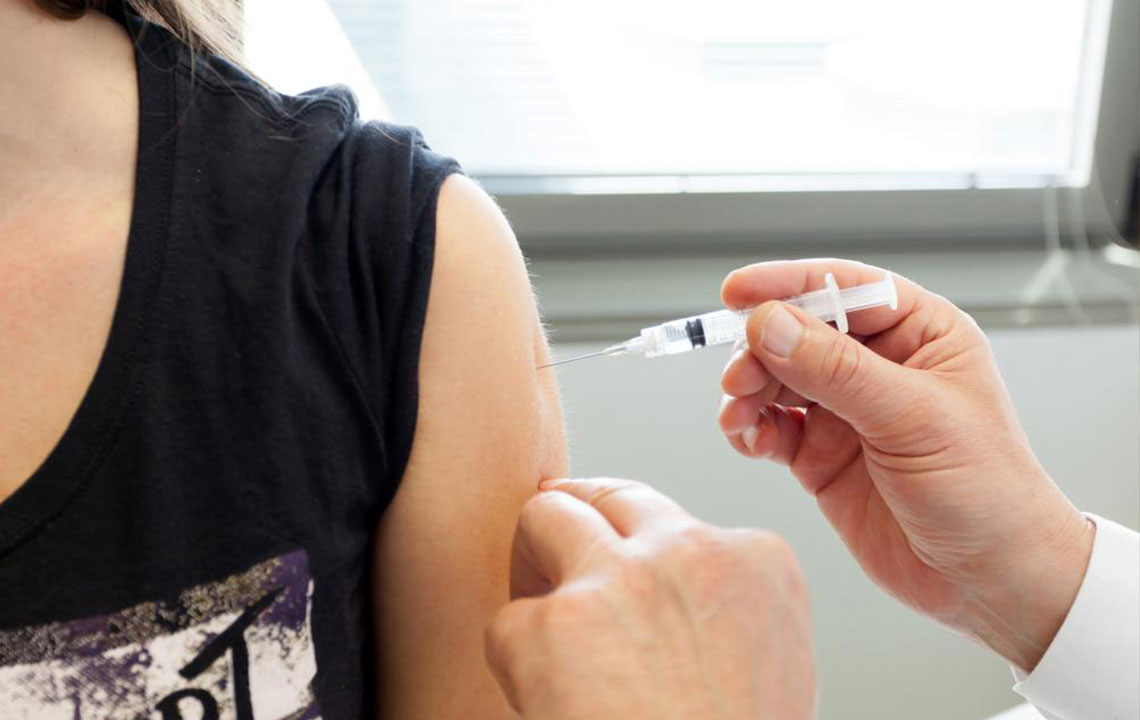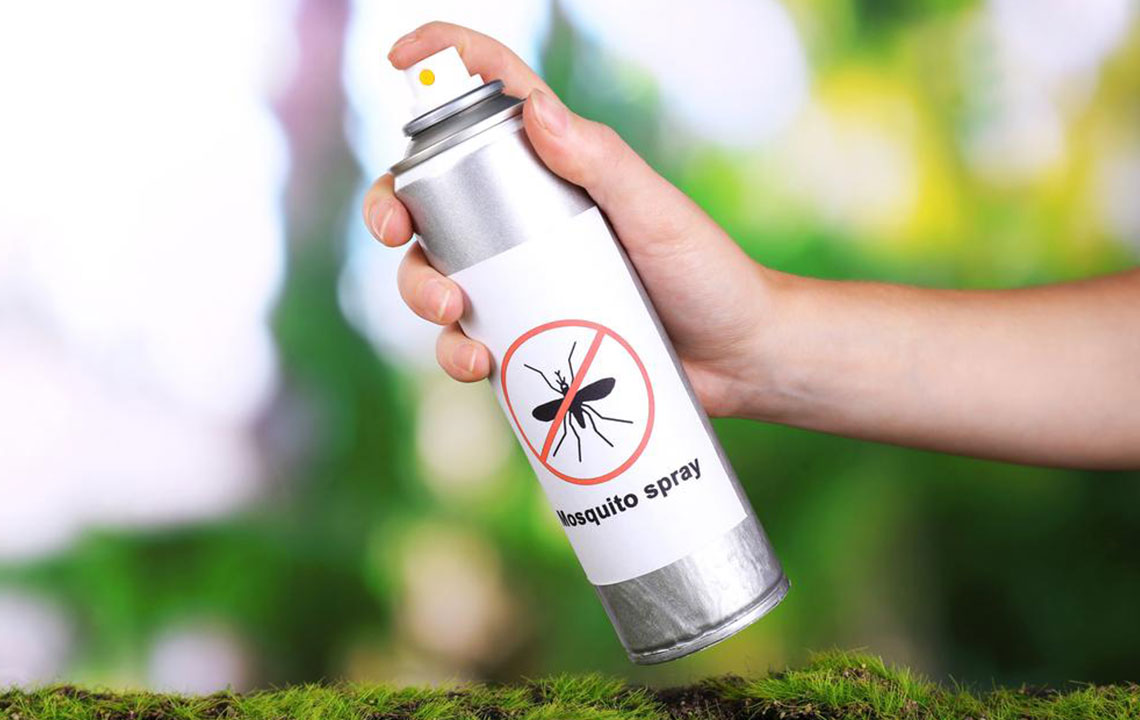Essential Tips to Protect Yourself from Meningitis
Learn essential tips for preventing meningitis, recognize symptoms early, and understand the importance of vaccination. This guide emphasizes hygiene practices and timely medical intervention to stay safe from this potentially serious disease.
Protect Yourself from Meningitis with Simple Prevention Strategies
Maintaining good health is invaluable. Staying fit allows you to enjoy life to the fullest. In today's environment, infectious diseases show rapid growth, making awareness about illnesses, symptoms, and prevention crucial. Following straightforward health practices can significantly reduce your risk of meningitis. Educating yourself about this condition helps in early detection and safety. Here, we explore how meningitis spreads, who’s most vulnerable, vaccination options, when to seek medical help, and effective prevention measures.

Recognizing symptoms –
Although rare, meningitis can become life-threatening rapidly. The symptoms tend to escalate swiftly, requiring urgent medical attention.
Sudden high fever
Seizures
Extreme drowsiness
Light sensitivity
Lack of appetite or thirst
Skin rashes
Stiff neck
Intense headache with a different feel than usual
Headache accompanied by nausea or vomiting
Confusion
The most at-risk groups include children under five and seniors over 55. It can affect individuals regardless of age, gender, or socioeconomic background.
Is Meningitis Contagious?
Meningitis is transmissible. Experts warn against sharing items that can harbor bacteria, as close contact—like coughing, sneezing, or sharing utensils—can spread the infection.
In simple terms, meningitis involves inflammation of membranes surrounding the brain and spinal cord. Causes include bacteria, fungi, parasites, or injuries. Symptoms may appear a week after exposure and often seem ordinary, leading many to ignore them. Certain types of meningitis require immediate medical intervention due to their severity. If symptoms appear, prompt consultation with a healthcare professional is crucial to ensure timely treatment.
The type of meningitis determines its contagiousness. There are five main forms:
Viral meningitis
Bacterial meningitis
Fungal meningitis
Parasitic meningitis
Non-infectious meningitis
Vaccination Opportunities
Advances in medicine have made preventive vaccines available for certain meningitis types. These vaccinations significantly reduce infection risks, especially bacterial forms. Key vaccines include:
Hib vaccine (Haemophilus influenzae type b)
Pneumococcal conjugate vaccine (PCV13)
Pneumococcal polysaccharide vaccine (PPSV23)
Meningococcal conjugate vaccine
When Should You See a Doctor?
If you notice symptoms such as confusion, vomiting, fever, severe headache, or stiff neck, seek medical care immediately. Ignoring these signs can be dangerous. Some cases resolve naturally, but early treatment is vital for severe types.
Prevention Tips to Stay Safe
Simple hygiene practices can protect you from meningitis. Avoid sharing personal items like utensils, toothbrushes, lip balm, or drinks. Always wash your hands thoroughly before eating, and teach children to do the same. Maintain a healthy immune system with adequate rest, balanced nutrition including fruits, vegetables, and grains. Cover your mouth while coughing or sneezing, and prefer pasteurized dairy during pregnancy to avoid infection. These small steps can greatly lower your risk of contracting meningitis.
In summary, practicing good hygiene and staying vigilant can help prevent meningitis. If symptoms appear, seek medical attention promptly and follow preventive measures diligently to stay safe.









